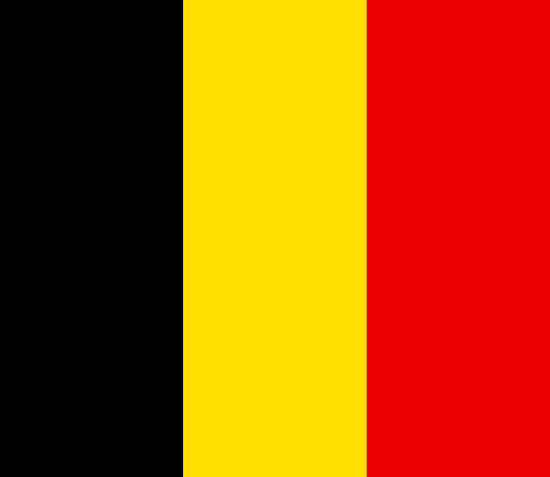Arnaud Goessens

Three questions to Arnaud Goessens, Associate Director for EU Policy at the Wildlife Conservation Society (WCS)
1. What are the main challenges and opportunities in your daily work?
The biggest challenge is maintaining biodiversity high on the political agenda in the face of so many other competing and more visible issues. We are in the midst of the sixth mass extinction but governments are delaying much needed actions to protect and conserve biodiversity. While the COVID-19 crisis served as a wake-up call for all of us on the importance to protect biodiversity, and the risk of large commercial markets for live wildlife, it seems that we are already losing momentum. The science is clear that protecting nature plays a central role in addressing the three major crises the world is currently facing: climate change, biodiversity loss, and the emergence of pandemics of zoonotic origin. Governments need to focus on win-win solutions to tackle these interlinked global crises and urgently need to send a strong signal to the international community. Biodiversity is key to human health and wellbeing, and to economic and societal stability.
2. How is your work at Wildlife Conservation Society (WCS) linked to the framework of the CBD ?
At WCS, we are working closely with governments, policy-makers, international organisations, civil society organisations, the private sector, and other stakeholders to ensure that Parties to the CBD adopt, and then implement, an ambitious post-2020 Global Biodiversity Framework (GBF). In particular, we’re focusing on ambitious goals to conserve and improve ecological integrity, including by retaining our most highly intact natural ecosystems, while fully respecting the rights of Indigenous Peoples and local communities (IPLCs), as an essential component to achieve biodiversity and sustainable development goals (Goal A, Target 1). As one means to achieve this, WCS also strongly supports an ambitious, evidence-based, meaningful, and equitable ‘30x30’ target to protect and conserve at least 30% of land, freshwater and ocean areas by 2030, with rigorous safeguards for IPLCs (Target 3). Finally, we’re focusing on eliminating trade and use of wildlife that presents ecological risks or that endangers human or wildlife health through the potential for pathogen spillover (Target 5).
3. What are your expectations for COP15 and wishes for biodiversity in the future?
I was thrilled when European Commission President von der Leyen announced in September last year that the EU would double external funding for biodiversity, in particular for the most vulnerable countries. We now need other governments to follow the EU example and make similar, bold and ambitious biodiversity financing commitments at CBD COP15. There is a particular need to further engage multilateral development banks and the private sector as they constitute key players if we are to achieve any long-term, positive results for biodiversity. Finally, I expect world governments to step up their game, speed up the negotiations process, and ultimately agree on an ambitious GBF at COP15. There is no more time to waste. We are already two years behind due to the COVID-19 pandemic. No more excuses will be accepted, the time to act is now.
